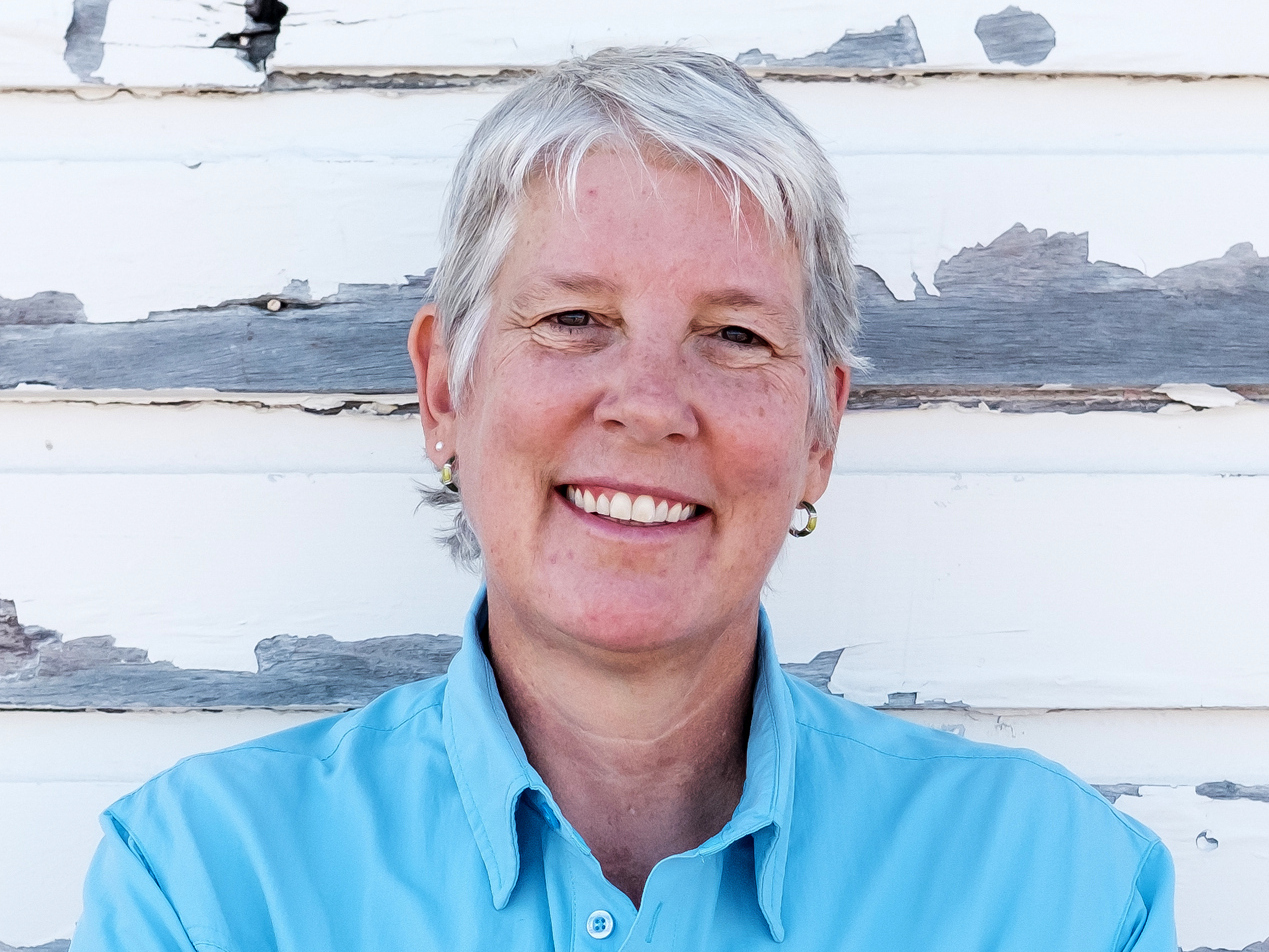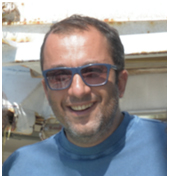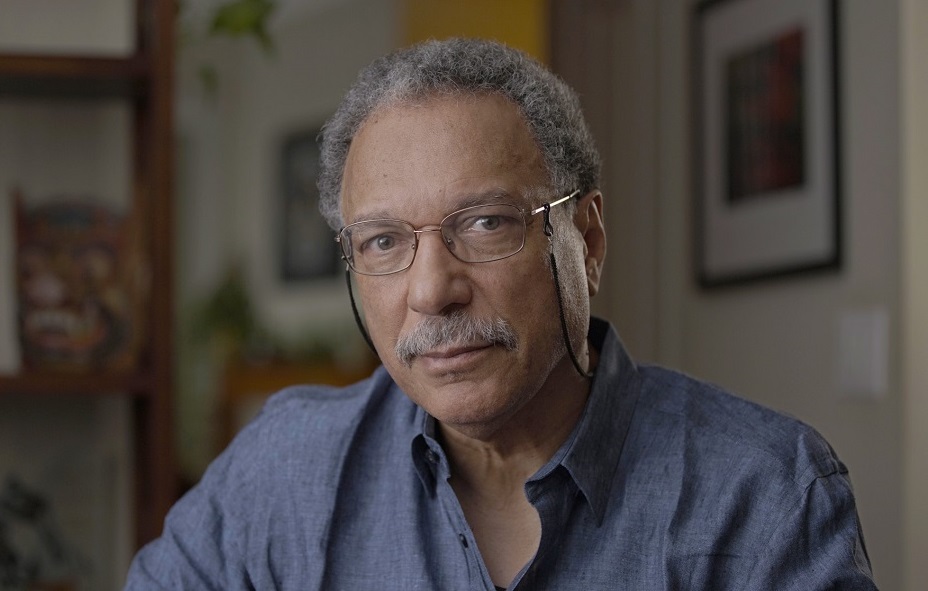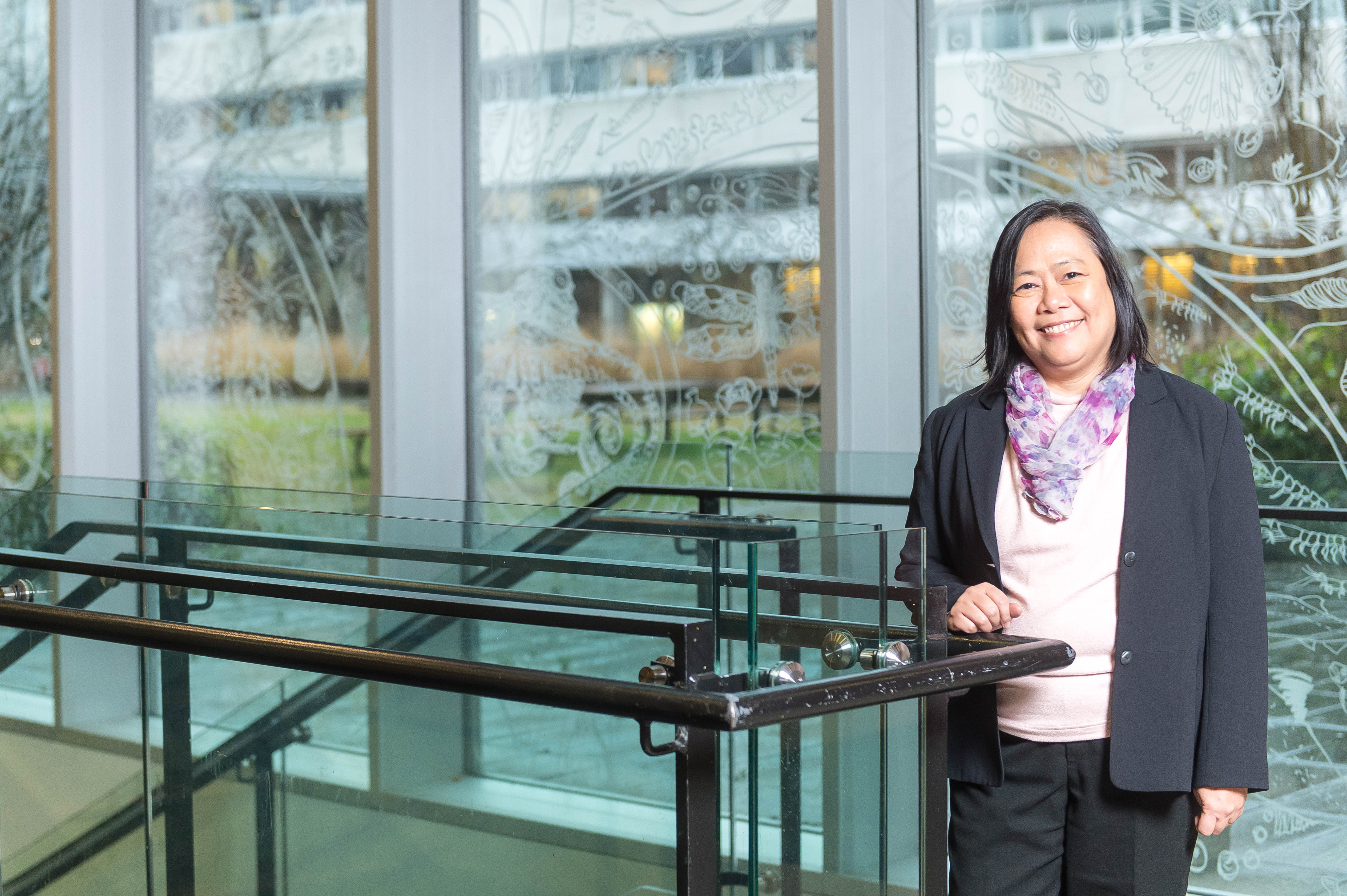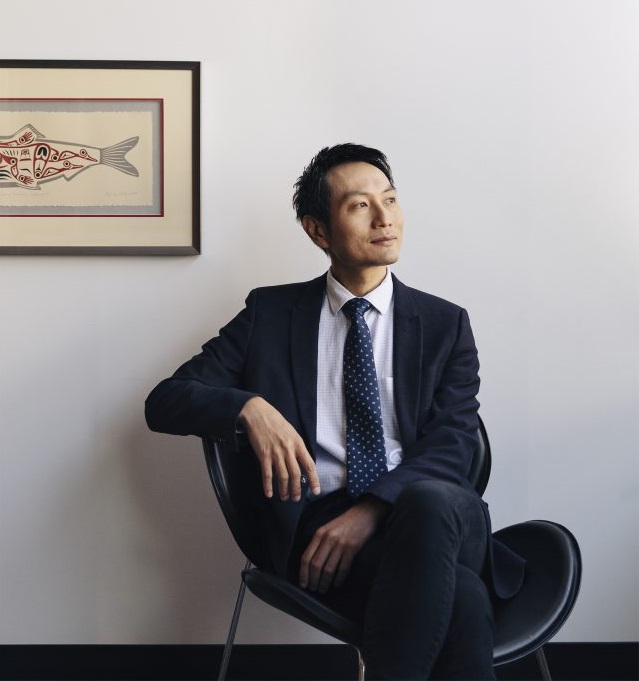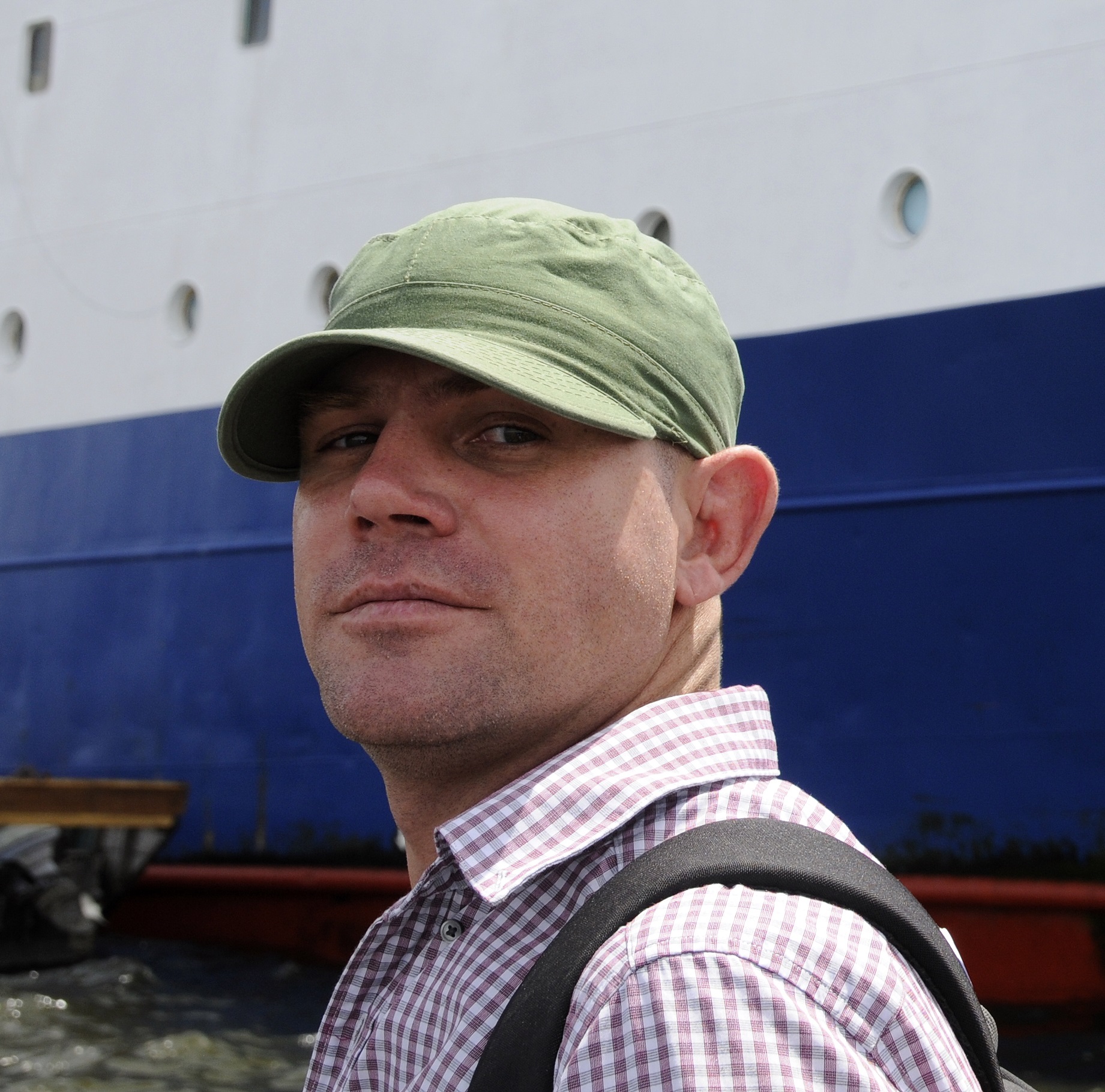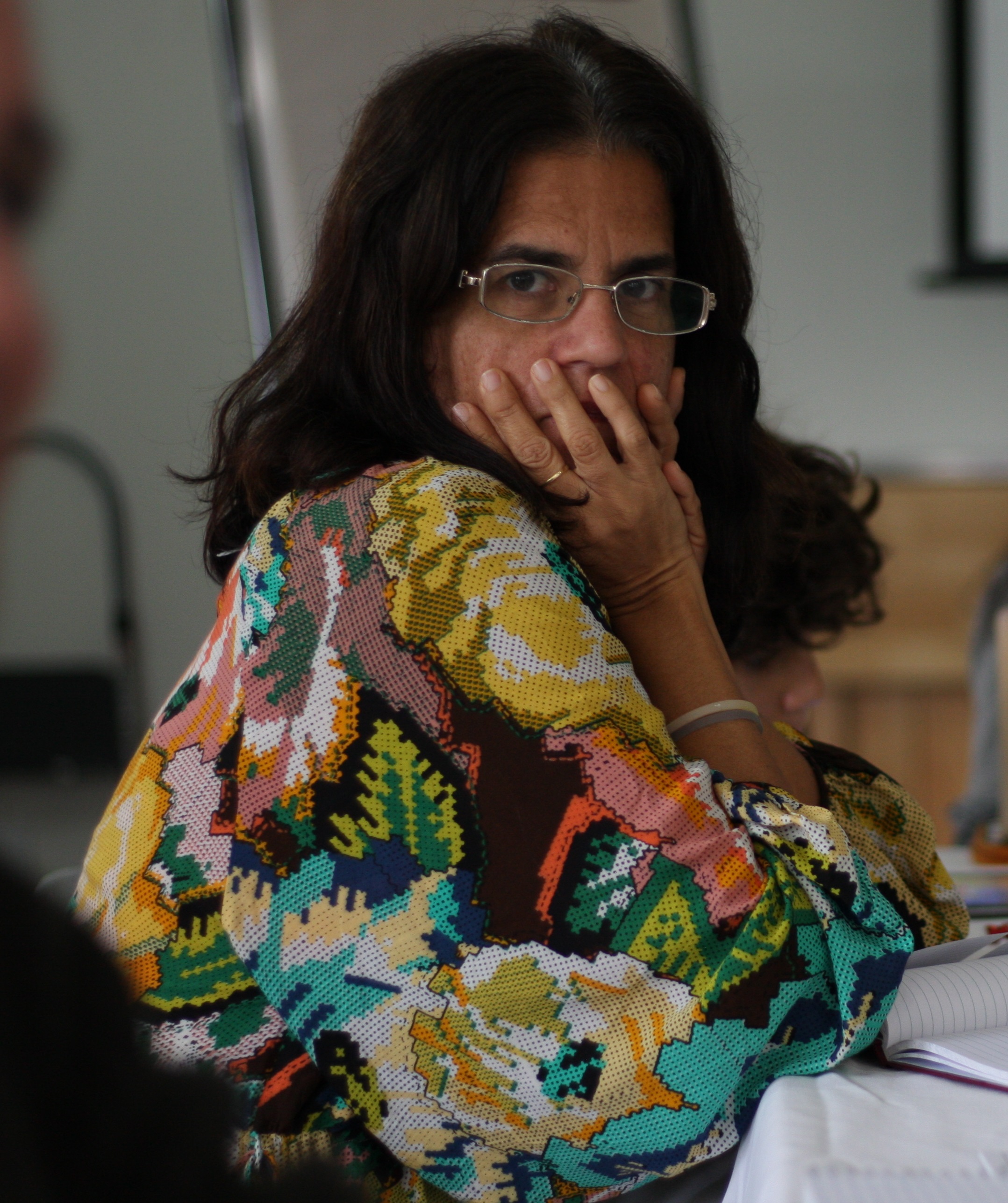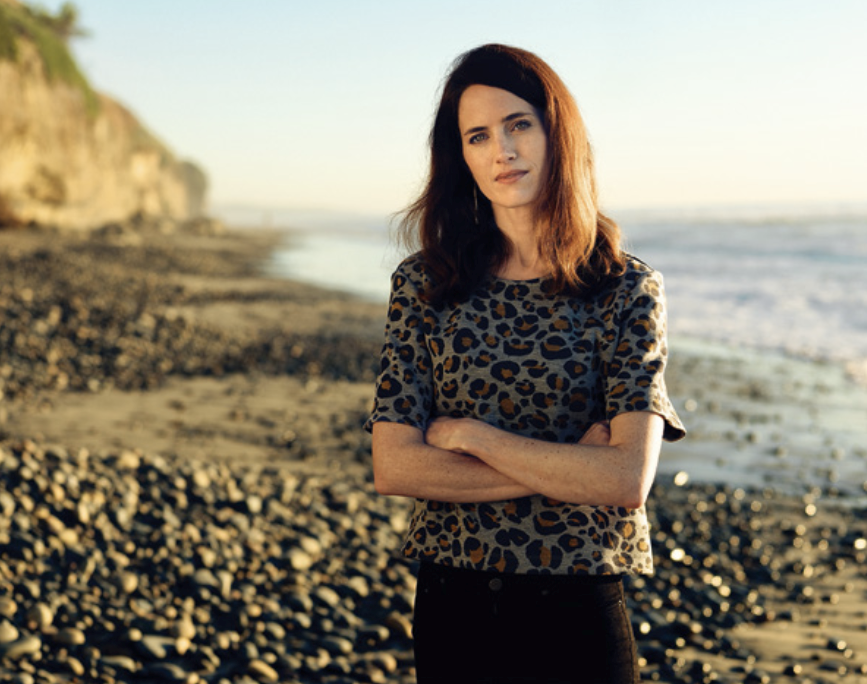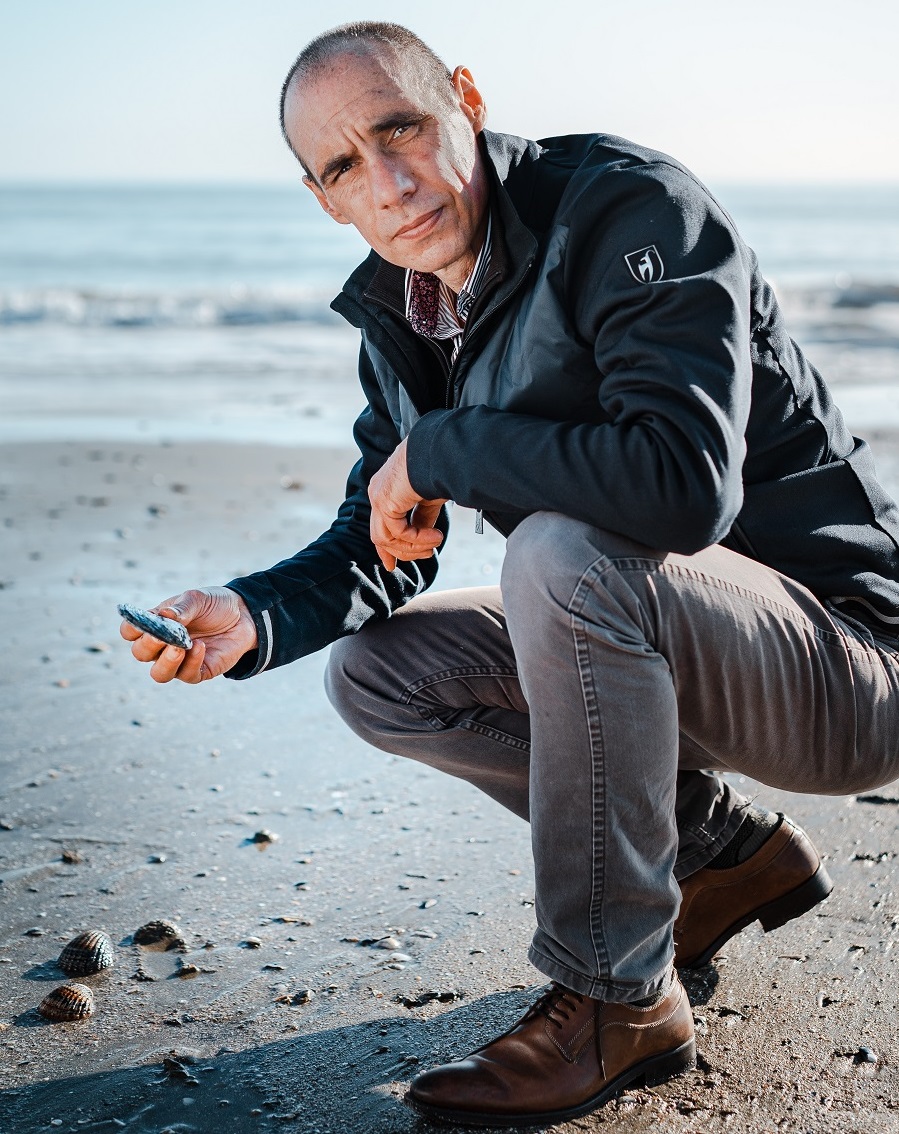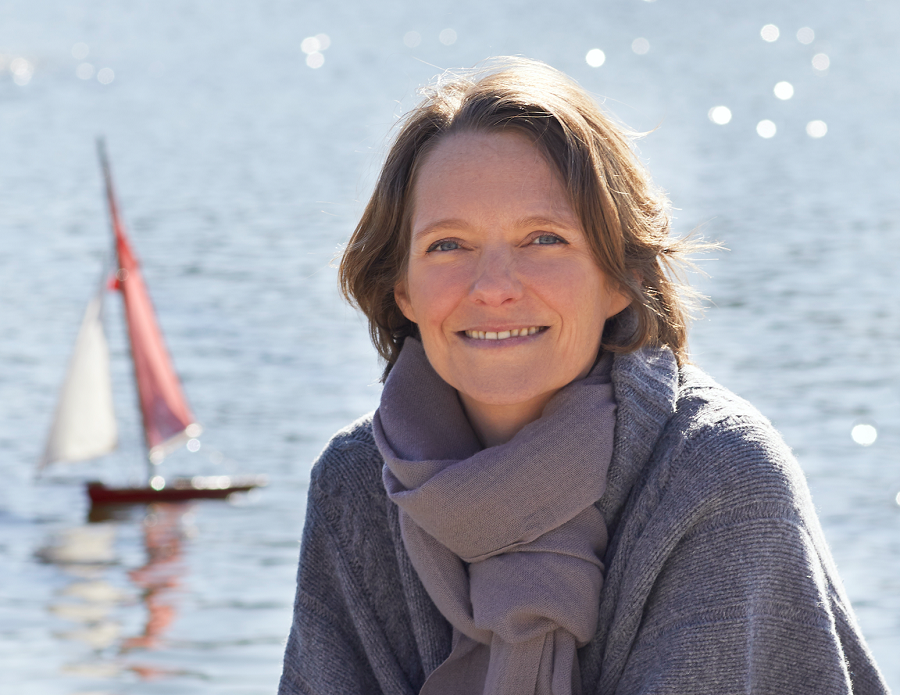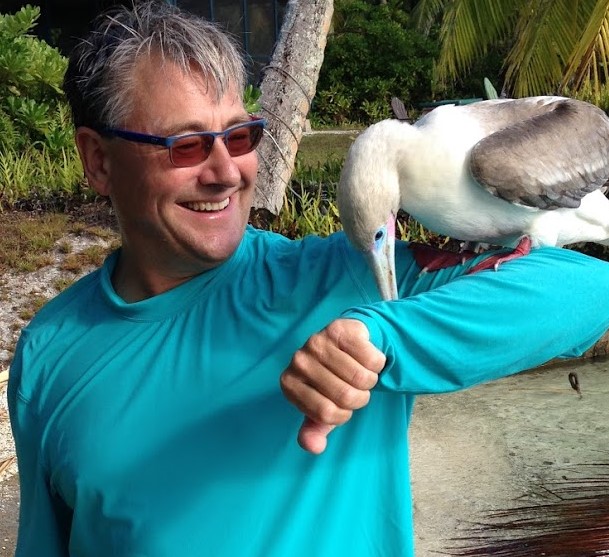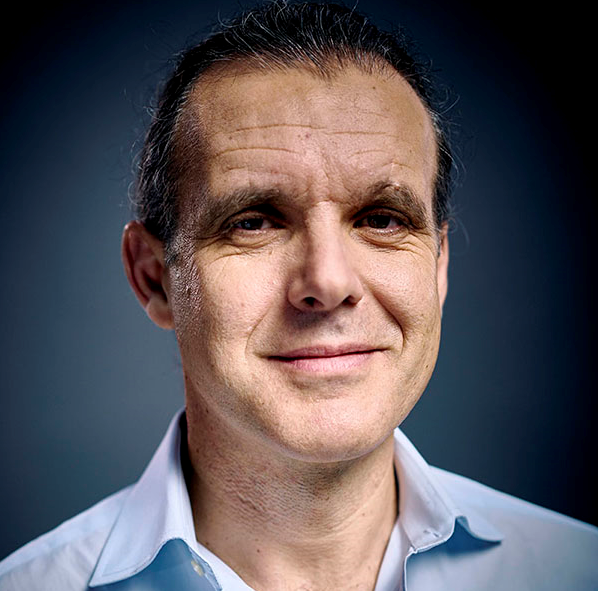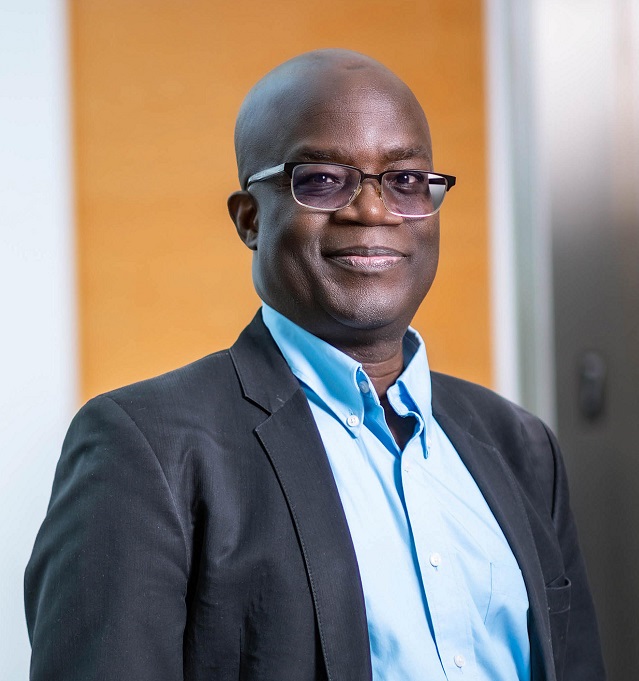Advisory Board
The Advisory Board is a body that provides non-binding strategic advice to the Sea Around Us management team on issues related to the relevance of the projects that we engage with and how they support the continued credibility of our database and website.
The Board meets twice a year. Its members, experts and leaders in their respective fields, also maintain frequent informal consultations on topics of mutual interest, notably regarding visits to the Sea Around Us by the associates and/or graduate students of individual Advisory Board members to access data for their research or to develop collaborative research projects.
The Advisory Board:
- Ensures that the products of the Sea Around Us, i.e., the databases whose contents are freely accessible through its website and the scientific articles that document and analyze these contents, meet international standards and remain relevant to a wide range of user groups throughout the world;
- Reassures donors, both current and potential, that the Sea Around Us remains true to its goal of providing high-quality, free catch and derived information to the world while expanding the range of its products and services;
- Encourages their associates to use the catch and related data generated and made available by the Sea Around Us and/or to collaborate with Sea Around Us staff in their analysis.
Chair
Jessica Meeuwig
Jessica is a professor of Marine Ecology at the University of Western Australia and co-founder of Blue Abacus. She grew up in Saudi Arabia and obtained her SCUBA diving ticket at 15. This allowed her to get a closeup view of marine life at an early age. Her lab focuses on conservation-driven research, with particular attention to the contribution of highly protected MPAs to the rebuilding of resilient oceans. She pioneered the development of mid-water Baited Remote Underwater Video Systems to further our understanding of open ocean wildlife such as tunas, sharks and marine mammals. She is a big fan of big data.
Vice-Chair
Athanassios Tsikliras
Athanassios (Thanasis) is a professor of Fish and Fisheries Biology at the School of Biology, Aristotle University of Thessaloniki, Greece. He studied Environmental Biology (BSc), Oceanography (MSc) and Fisheries (Ph.D.) and has worked for 25 years in research and academic institutions. His research focuses on fish biology, monitoring marine populations, ecosystem modelling, stock assessment, ecocentric fisheries management and developing the digital twin of the ocean, with particular interest in the data-deficient Mediterranean fisheries. Professional and recreational fishing were family traditions, rebuilding fish stocks and marine ecosystems are his lifetime obligations.
Ex officios
Daniel Pauly
Dr. Daniel Pauly was born in Paris, France; he is both French and Canadian and studied fisheries science in Germany, but he spent much of his career in the tropics, notably in the Philippines. Since 1994, he is a Professor of Fisheries at the University of British Columbia, Vancouver Canada, where in 1999, he founded the Sea Around Us research initiative, funded by a variety of philanthropic foundations and devoted to documenting and mitigating the impact of fisheries on the world’s marine ecosystems. The concepts, methods and software he (co-)developed are documented in over 1000 widely-cited contributions and have led to his receiving multiple scientific awards.
Maria ‘Deng’ Palomares
Maria (Deng) is the Sea Around Us Project Manager. She joined the lab in 2001 to supervise the integration of fish-related data generated by the Sea Around Us and UBC’s Institute for the Oceans and Fisheries into FishBase. From research associate she moved up to senior scientist and, as of June 2017, she became Project Manager, a position that has led her to coordinate improvements to the project’s infrastructure and website, lead fundraising efforts and apply a computer-intensive method of ‘stock assessment’ to the catch statistics of all maritime countries. Prior to the Sea Around Us, Deng worked for almost 20 years at the International Center for Living Aquatic Resources Management in the Philippines. During that time, she completed her MSc in Environmental Science and a PhD at the Ecole Nationale Supérieure Agronomique de Toulouse.
Board Members
William Cheung
Dr. William Cheung is the director of the Institute for the Oceans and Fisheries at the University of British Columbia. His main research areas include understanding the responses and vulnerabilities of marine ecosystems and fisheries to global change and examining trade-offs in managing and conserving living marine resources. William obtained his BSc in Biology and M.Phil. from the University of Hong Kong. He worked for WWF Hong Kong for two years, after which he completed his Ph.D. in Resource Management and Environmental Studies at UBC. From 2009 to 2011, he was Lecturer in marine ecosystem services at the University of East Anglia. He has published over 150 peer-reviewed publications. William is also actively involved in international and regional initiatives that bridge science and policy.
Duncan Copeland
Duncan Copeland is the Executive Director of TMT, an international not-for-profit providing fisheries intelligence, analysis, and capacity assistance to developing maritime States. Over the past 20 years he has held a variety of fisheries management and monitoring, control and surveillance advisory roles to governments and inter-governmental organizations, and on oceans programmes for international NGOs. With a career focus on the ‘pointy-end’ of IUU fishing and associated crime, he works closely with all relevant stakeholders, from community to ministerial-level groups, and across fisheries enforcement agencies. One of the four founders, he has been with TMT since the organization’s establishment in 2014.
Katia Freire
Katia holds a BSc in Oceanology and a master’s degree in Biological Oceanography from the Fundação Universidade Federal do Rio Grande (1990 and 1995), as well as a Ph.D. in Resource Management and Environmental Studies from the University of British Columbia (2005). She is currently an associate professor III at the Federal University of Sergipe. She has experience in ichthyology, ecology and fisheries, with a special focus on the following topics: northeastern Brazil, commercial and recreational fisheries, albacore, fish growth, ecological modelling using Ecopath, shrimp and common fish names. Katia has mentored students in the Scientific and Technological Initiation Scholarship Program at the Federal University of Sergipe and is currently a member of the Coordinating Committee of the Institutional Scientific Initiation Scholarship Program. She is also the representative of the Federal University of Sergipe in the FishBase Consortium.
Jennifer Jacquet
Jennifer Jacquet is an associate professor in the Department of Environmental Studies at New York University. She is also deputy director of NYU’s Center for Environmental and Animal Protection. She completed her Ph.D. at UBC in 2009 working with Daniel Pauly and the Sea Around Us. She is the recipient of an Alfred P. Sloan research fellowship and a Pew fellowship in marine conservation. She is the author of Is Shame Necessary? New Uses for an Old Tool (2015) and The Playbook: How to Deny Science, Sell Lies, and Make a Killing in the Corporate World (2022).
David Mouillot
David is a professor in marine ecology and data analysis at the University of Montpellier. He has a background in theoretical ecology and statistics. He developed the field of marine macroecology, i.e., the exploration and explanation of large-scale biodiversity patterns across the oceans. He particularly focuses his research, carried out at the MARBEC lab, on coral and temperate reefs to better understand the interlaced effects of climate change and human pressures on fish biodiversity and ecosystem functioning. More recently, he leads the development of a new generation of tools based on environmental DNA to monitor marine biodiversity across spatial and depth gradients. He is one of the associate editors of Ecology Letters and a senior fellow at the Institut Universitaire de France. David has been recognized as a highly cited researcher since 2016 in Ecology and Environment.
Claire Nouvian
Claire is the founder of the nonprofit conservation organization BLOOM, based in Paris and Hong Kong. Her research and activities focus on deep-sea fisheries and shark consumption habits. In Asia, Nouvian and BLOOM’s co-workers aim to improve the degraded conservation status of shark populations by making shark fin soup a socially unacceptable dish. In Europe, Nouvian is dedicated to studying the nature of deep-sea fishing. Before starting BLOOM, Claire, who has a B.A. in History from the University of Paris IV Sorbonne, worked in television production and journalism, specializing in wildlife and scientific documentaries. She is the author of the 2006 book and museum exhibit The Deep, winner of the 2018 Goldman Environmental Prize and is involved in education through art and science projects at the University of Geneva, AgroParisTech/ENGREF, University of Hong Kong, among others.
Callum Roberts
Callum Roberts is a professor of marine conservation at the University of Exeter in the UK. His research focuses on threats to marine life and on finding the means to protect them. For the last three decades, he has used his scientific background to make the case for stronger protection for marine life. His team provided the scientific underpinning for a new ocean protection target – 30% by 2030 – which is gaining widespread support. He leads the Convex Seascape Survey research programme into ocean carbon sequestration. He is the author of three books: The Unnatural History of the Sea (Island Press 2007), Ocean of life: how our seas are changing (Penguin 2013), and Reef Life: An Underwater Memoir (Profile Books 2019). He is chief scientific advisor to BLUE Marine Foundation and the Maldives Coral Institute, a WWF UK Fellow, board member of the Nekton Deep Ocean Research Institute, and advisor to the Pew Bertarelli Global Ocean Legacy Program.
Enric Sala
Dr. Enric Sala is a former university professor who saw himself writing the obituary of ocean life and quit academia to become a full-time conservationist as a National Geographic Explorer-in-Residence. He founded and leads Pristine Seas, a project that combines exploration, research, media, economics and policy work to inspire country leaders to protect vital places in the ocean. To date, Pristine Seas has helped to create 25 of the largest marine reserves on the planet, covering an area of over 6.5 million square km. Enric has received numerous awards, including 2008 World Economic Forum’s Young Global Leader, 2013 Explorers Club Lowell Thomas Award, 2016 Russian Geographical Society Award, 2018 Heinz Award in Public Policy, National Geographic Hubbard Medal, Albert I Grand Medal. He is a fellow of the Royal Geographical Society.
Rashid Sumaila
Rashid Sumaila is a professor and Canada Research Chair (Tier 1) in the Fisheries Economics Research Unit at the Institute for the Oceans and Fisheries and the School of Public Policy and Global Affairs, University of British Columbia. His research focuses on bioeconomics, marine ecosystem valuation and the analysis of global issues such as fisheries subsidies, marine protected areas, illegal fishing, climate change, marine plastic pollution, and oil spills. Sumaila has experience working in fisheries and natural resource projects in Norway, Canada and the North Atlantic region, Namibia and the Southern African region, Ghana and the West African region and Hong Kong and the South China Sea. Dr. Sumaila received his Ph.D. (Economics) from the University of Bergen and his B.Sc. from the Ahmadu Bello University. Sumaila is widely published and cited. He won the 2017 Volvo Environment Prize and was named a Fellow of the Royal Society of Canada in 2019.


